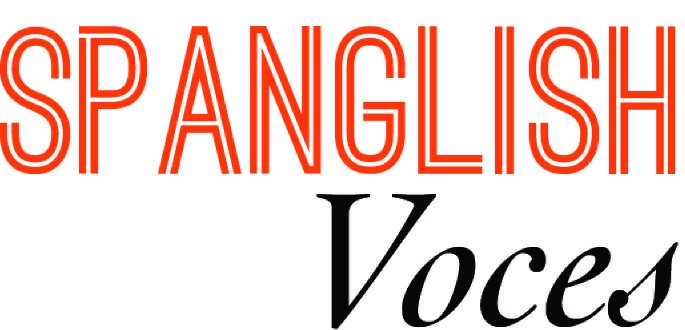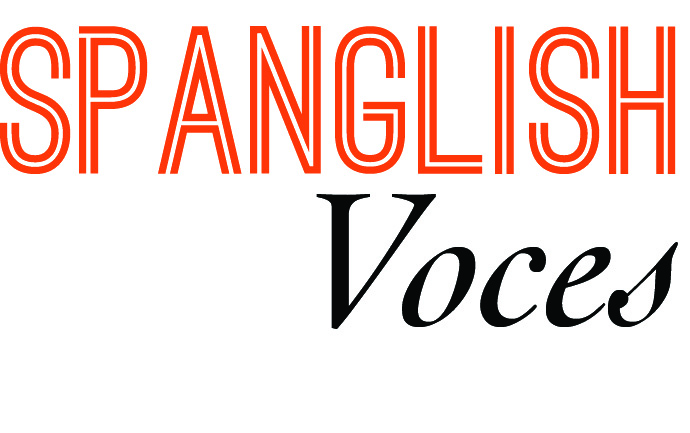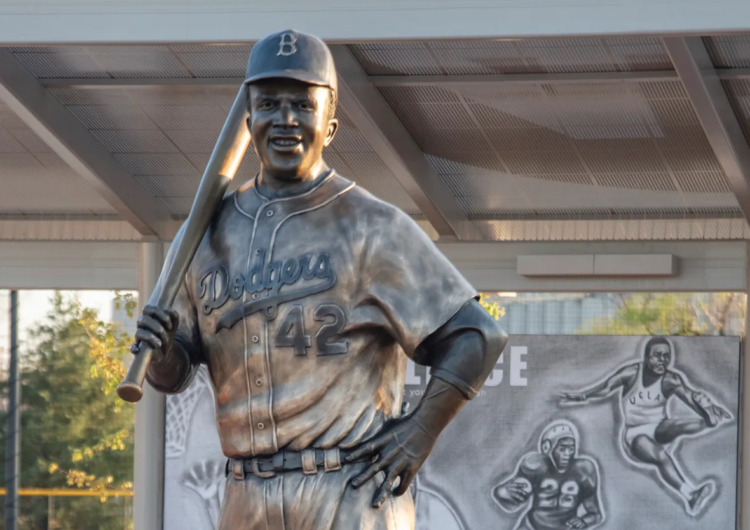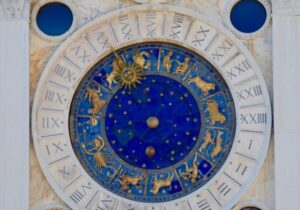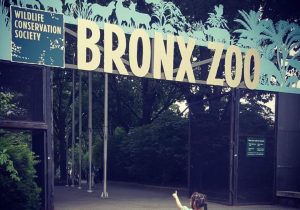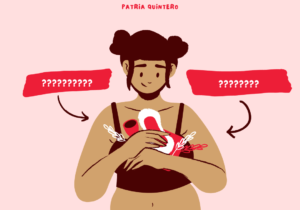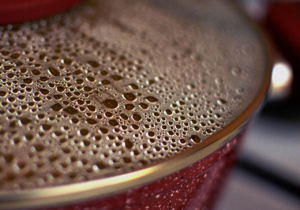The biography of Jackie Robinson’s ‘Who Am I’ was one of the most borrowed books from the collection in my 2nd-grade classroom. When it was my turn to take the book home from school, I kept it by my side while I worked at the living room table. My abuela, who usually didn’t bother me while I worked, paused at the table and pointed to Robinson’s book before flipping through the pages.
“¿Sabías que él fue a Cuba?” she asked.
When I went back to school with the book, I chose to focus my report on a single aspect of Robinson’s life: his time in Cuba. It represented the strongest connection I had to my Cuban roots in my schoolwork, and I was eager to share it with anyone who would listen. Jackie Robinson’s story brought light to a part of myself that I had unknowingly kept repressed.
I grew up with my single mother in a Cuban household, unable to speak fluent Spanish. I knew when people saw me, even momentarily from their car windows, they saw a Black girl; not an Afro-Latina, or a Caribbean American, but just a Black girl. I knew when people heard me speak, they didn’t hear somebody who was too insecure to speak their mother’s tongue or someone who wondered more about their paternal Jamaican heritage. They just heard a Black girl who didn’t even know much about popular Black culture. Having always attended predominantly white schools, I’ve struggled to make sense of my intersectional identity.
It was rare for us to talk about diverse cultures in class, it was especially rare for Cuba or even Cuban culture to be brought up. Living in what is now considered the “Little Dominican Republic” of upper Manhattan, the parts of the neighborhood’s history where it was majorly Cubans living there are often redacted from storytelling. Robinson’s story gave me a chance to take a plunge into a key part of my own history.
Cuba to Jackie Robinson is among the first places he played and experienced racial discrimination in baseball firsthand. Despite excelling as a top player on the Montreal Royal’s team, it was his presence as a Black player that truly threatened other white players. For Robinson, it didn’t matter how talented he was, many of his teammates would have rather been traded to another team than play alongside a Black man.
For me, Cuba is a source of inheritance. My grandmother fled Cuba’s harsh government and immigrated to the US when she was just 12 years old. She later started a family in the same Uptown apartment that witnessed my early formative years. Later, in this same apartment, I would sit across from my mother telling her about another Cuban I learned about. Except, I would later learn that Jackie Robinson was not, in fact, a Cuban man. Yet, the opportunity to even believe that a man of this caliber could be Cuban and to feel freedom in expressing my pride was also an inheritance. Rights and freedoms that I wouldn’t have had it not been for people like my courageous abuela, my passionately hard-working mother, or Jackie Robinson. I have the same pride in correcting myself of Robinson’s nationality, as I do in reminding others that he spoke for all of us.
What Jackie Robinson achieved was more than just integrating baseball, although that in itself was a monumental feat. He became an idol and pillar of hope for countless Black youths in search of role models, in a society that had cleansed many prosperous Black narratives, replacing them with more oppressive, monolithic ones. In this way, Robinson not only directly influenced his own communities, but also left a lasting impression on intersectional generations to come. This enduring impact is the true measure of his achievement, as Robinson himself once stated: “A life is not important except in its impact on other lives.”
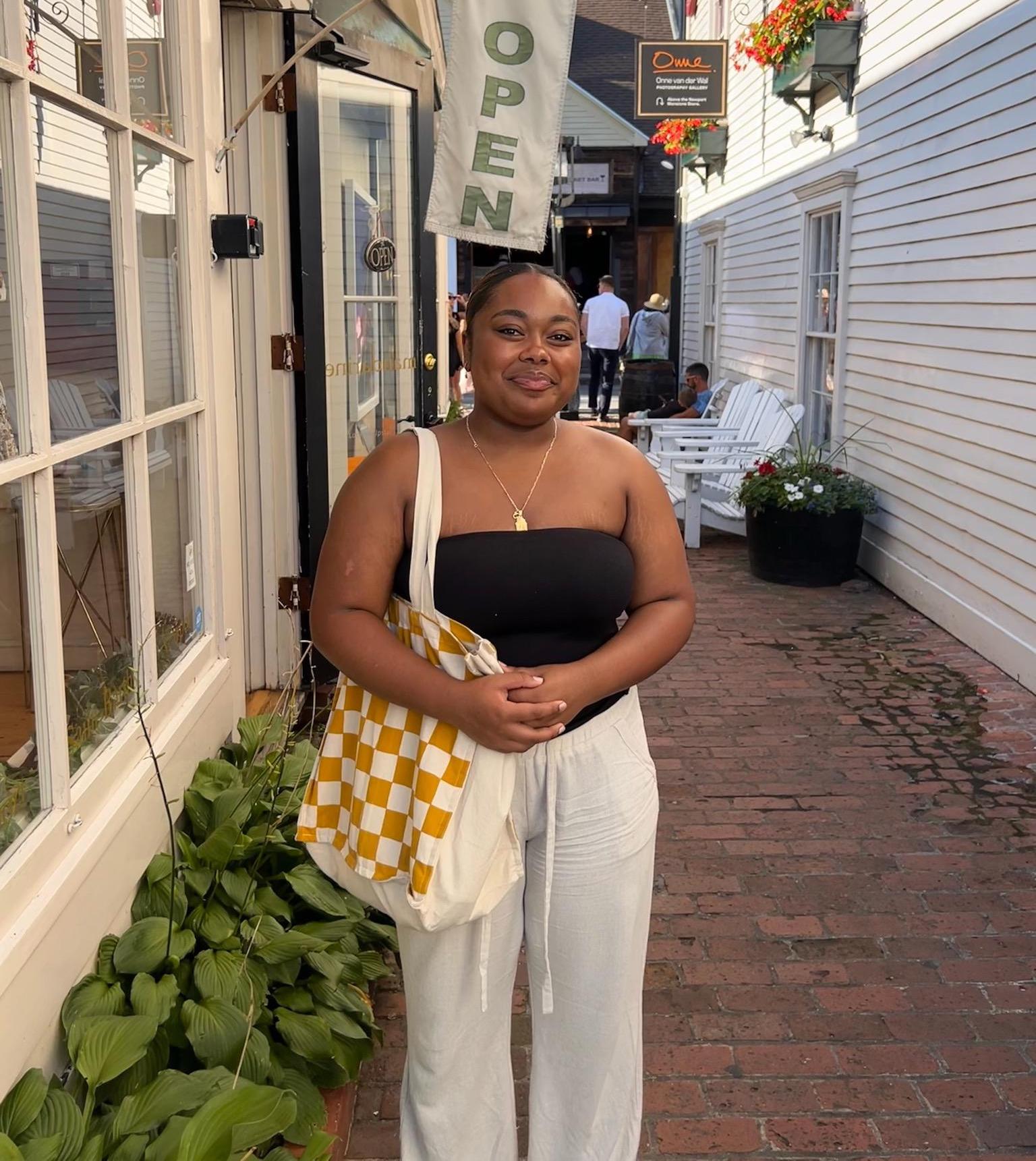 Alexa is a native of Washington Heights and is currently a senior at Milton Academy. She is set to continue her studies at Weslyan University this coming fall, where she plans to further explore economic inequality, public policy, and psychology.
Alexa is a native of Washington Heights and is currently a senior at Milton Academy. She is set to continue her studies at Weslyan University this coming fall, where she plans to further explore economic inequality, public policy, and psychology.
